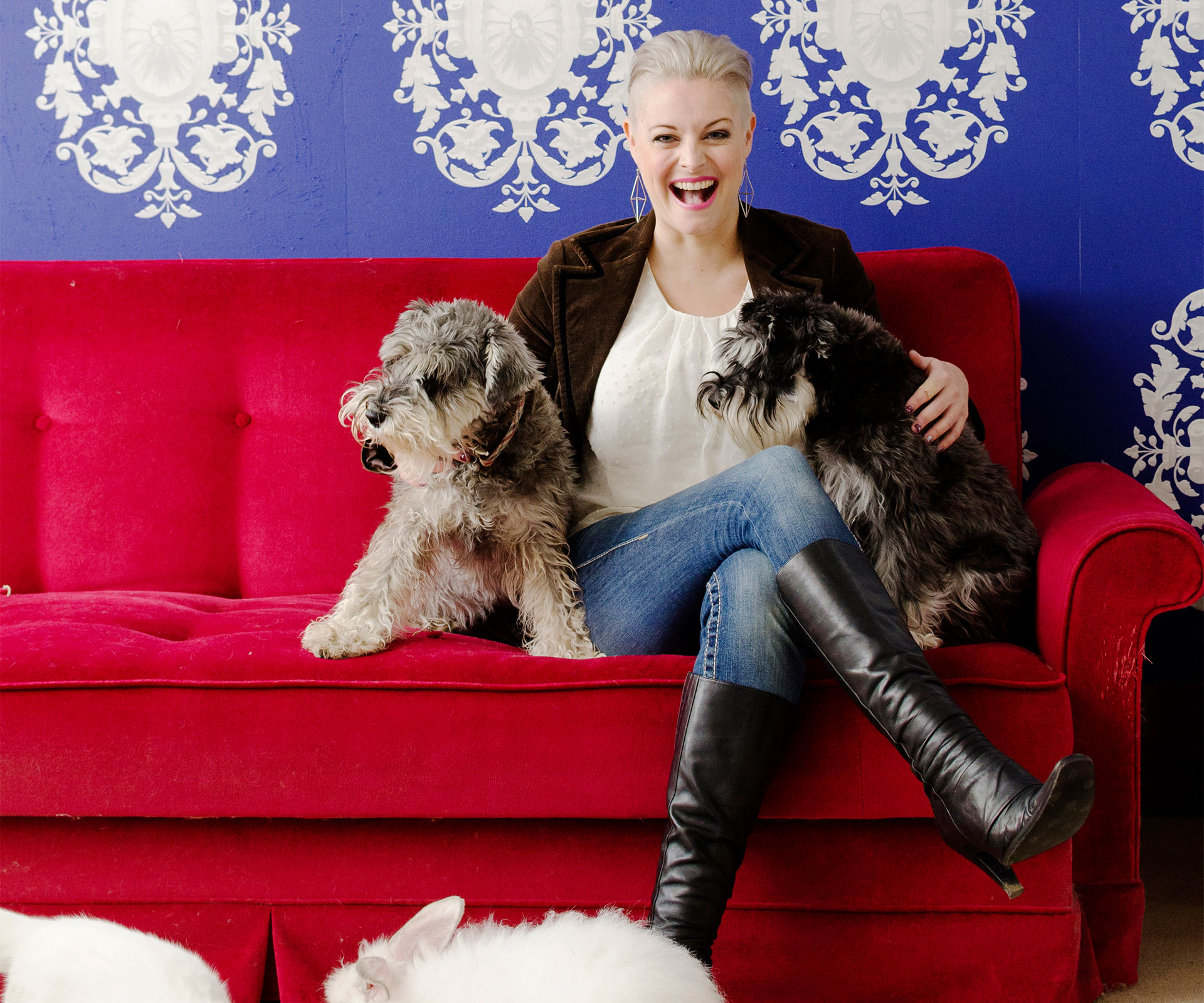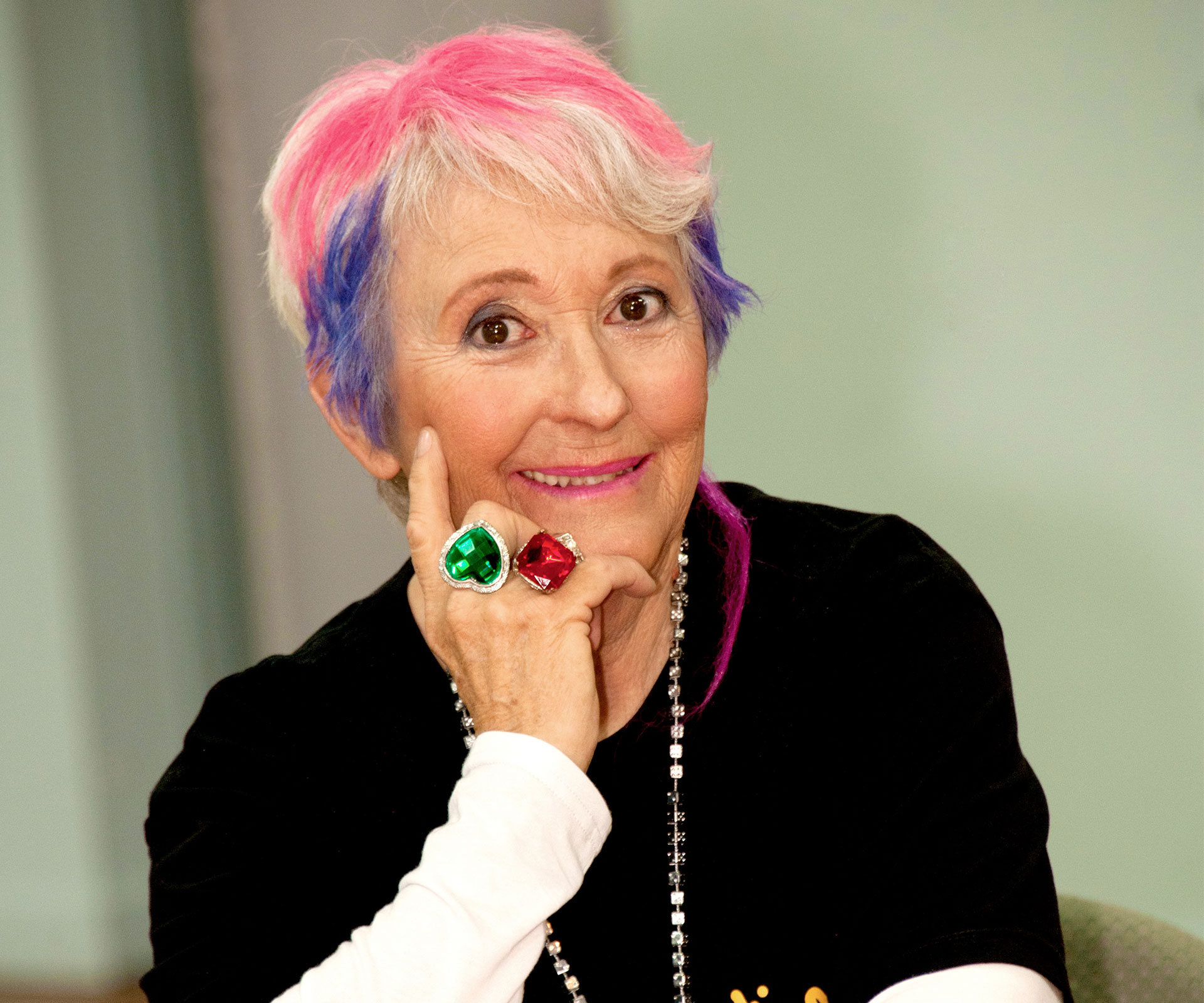Working nine to five, what a way to make a living… except, for increasing numbers of people, it’s no longer the way they do earn their keep. Picking just one full-time career is no longer desirable or achievable for many of us, so we’re learning to be smarter with our time and more flexible with our job description.
It’s the age of consulting and contracting, and for many – especially women, who want family-friendly hours – it’s resulting in a far happier lifestyle than the drudgery Dolly sang of.
The ‘rent me’ model
Paul Spoonley, vice chancellor of the College of Humanities and Social Sciences at Auckland’s Massey University, confirms fixed term and contract employment is on the rise in New Zealand.
“We’re entering the post-industrial age when a combination of globalisation, the impact of technology and changing labour markets have all dramatically changed both where we’re employed and how we are employed,”
“We’re entering the post-industrial age when a combination of globalisation, the impact of technology and changing labour markets have all dramatically changed both where we’re employed and how we are employed.
“This is paralleled by Generation Y operating in a much more entrepreneurial way. They certainly don’t expect they will spend a lifetime working in a job or an industry and are more prepared to take a ‘rent me’ rather than ‘buy me’ approach to their work.”
Opportunity knocks
Auckland-based businesswoman Megan Denize had always expected she’d follow a traditional career route in marketing, until she spotted an opportunity for a contract-driven agency to excel.
“What I was finding was, as I became senior, I was increasingly going into businesses as a troubleshooter [for] companies that had specific issues with specific brands. I would fix those and then they didn’t really need my particular skillset anymore,” says the 38-year-old.
“I also noticed businesses were struggling to find senior staff to solve big issues with big brands. That was happening because marketing is largely female-dominated and once we hit our 30s and become senior marketers a lot of us drop out of the workforce to have children. I recognised an opportunity to bring senior marketers back into the workforce after they’d had kids by providing them with senior roles that gave them the freedom and flexibility they needed.”
Her company The Marketing Team was created to solve both problems. Launched eight years ago with just “me, a desk, no clients and a half-written marketing plan”, Denize secured early contracts with Coca-Cola and Microsoft for specific projects, as well as with a slew of medium-sized companies which needed her expertise to grow. Today the business has five part-time staff and a pool of contractors.
“It ended up being this perfect marriage between clients who needed staff on a part-time or temporary basis and marketers who still had amazing skillsets but were getting lost in the workforce because they weren’t available to work 50 to 60 hours a week at that stage of their lives,” Denize says.
While the pressure of being responsible for her own income as well as that of her freelance staff was huge at the start, the business steadily grew to a point where its payments were consistent, and she could take holidays and sick leave without “causing a catastrophe”. Trouble was, in the process she’d made herself surplus to requirements.
“The plan was for me to enjoy the flexibility I’ve set up for my team, so at a time where I chose to get married and have children I could also step out,” she recalls. “So I planned to gradually make myself redundant and make sure I had a great team in place to manage the business. What’s happened in reality is I haven’t had kids yet, so I’ve ended up filling that time with other projects instead, which has been fun.”
Hungry for more challenges, she started Inspector Spot, an online resource to help reunite people with lost pets. That still wasn’t enough to keep her stimulated, so Denize owns and manages seven properties in Auckland and Dunedin, and is starting a company selling Botox online.
It might sound like a lot to handle, but she streamlines workflow by running all her interests as clients of The Marketing Team. “As a team we’ve learned to work really efficiently,” she says. “I’ve found in the corporate environment a huge amount of your week is consumed with meetings and internal red tape, but our team is dedicated to just getting the work done. There are very few meetings and we don’t have strict internal sign-off processes going through various layers of the team.”
This strategy also involves reliance on offshore contractors in Romania, Kenya, India and the Ukraine. “That gives me access to a full 24-hour clock,” Denize says. “I can get things briefed to them at 5 at night, they pick that up during their work day and by the time I step foot in the office first thing in the morning, everything’s completed. That wouldn’t have been feasible 15 years ago.

Fiona Tomlinson taught herself the macaron business.
Out-baking the french
It’s not always previous experience or lifelong passions driving the new approach. A photographer for nearly 20 years, late one night Fiona Tomlinson decided, on the spur of the moment, to buy a macaron business, (Macarons.co.nz).
“It came up for sale through friends of friends,” says Tomlinson. “I’ve never really been a baker, I’d never even been much of a cook. Photography was my main source of income for so long, and the macaron thing was supposed to be a one-day a week thing, or the equivalent, but I can see it’s going to be much bigger long term.”
To overcome her lack of baking know-how, Tomlinson simply dedicated herself to mastering her recipe for the notoriously hard-to-perfect French confection. “They’re temperamental little sh*ts, we hand-pipe all of them. Some days I just think ‘why are you doing this? This is not your skill base.’
“But two years later we’ve got four markets we operate out of, plus the growing wholesale and retail client base. We’ve been with Dry & Tea [hair salons] for a few months, and we’ve just started with a new French patisserie chain. They were importing macarons from France but didn’t like them.”
As a single mum running a photography business, Tomlinson was used to flexible work hours, but jokes that as her son (now 20) has become more independent, she has turned her “elastic” mind to something new – “I’ve swapped him for macarons!” The dog lover also works with the founders of Paw Justice on animal welfare policy, and is compiling a series of her own images of dogs for a soon-to-be published book.
“Initially with the macarons it was me doing everything, and juggling it with my photography. I now have part-time staff to help, but I still like to muck in. We’re making around 3000 macarons a week and we’re looking at doubling that shortly. It’s growing organically, and mostly through word of mouth.” She agrees it seems to be more accepted for women to have multiple roles, but there are still some who just don’t get it.
“One of my friends called me ‘flighty’ and I thought, hang on, if I was a bloke and I had six businesses, you wouldn’t call me flighty. I’m just a person doing a whole lot of stuff. I wouldn’t know how to be otherwise.”

Eve Cheesmur loves the flexibility of multiple roles.
Diligence is key
If the new work order needed a poster girl, Eve Cheesmur would happily put her hand up. The 33-year-old Aucklander has been a contractor for three years, and there probably isn’t a customs form in the world big enough to fit in all her roles. She’s an audio producer at Big Pop Studios, which she juggles along with her own interests as a voiceover artist for commercials, an actor, a presenter and a writer.
No two weeks are the same. And it’s that unpredictability she thrives on. “I never know what’s going to be thrown at me,” she says. “The best part for me is diversity – having to kick my brain from being an audio producer to being a writer, and that can happen in the space of 10 minutes when I’m driving home from the studios.”
“I made a conscious decision I wasn’t going to have a full-time job ever again, and that’s because I need to have the flexibility and room to be creative and figure out where I am in the world,” she says. “When I was in full-time work I was too tired, I didn’t have the time and the space to do that. It’s been really rewarding seeing what I’m made of.”
While Cheesmur leapt at the chance to spread her talents across multiple outlets she says not everyone is cut out for it. To be a contractor, she stresses, you need to be diligent about chasing work and completing it on time.
“I go in and I work; they’re not paying me to fluff around. It’s like a concentrated version of me, rather than a diluted version of Fulltime Eve. That is a win for my employers and a win for me.”
Adapt and survive
But while Denize, Tomlinson and Cheesmur relish a work model centred around contracting and flexibility, not everyone is adapting well. Spoonley says older workers are struggling in an age where the ‘work for 40 years and retire with a gold watch’ path is obsolete. The key survival strategy for them, and for all generations, is to adapt; and fast. “Change and unpredictability are part of the new reality,” Spoonley says. “The key is to develop transferrable skills that allow us to adapt to these changes over a working life.”


